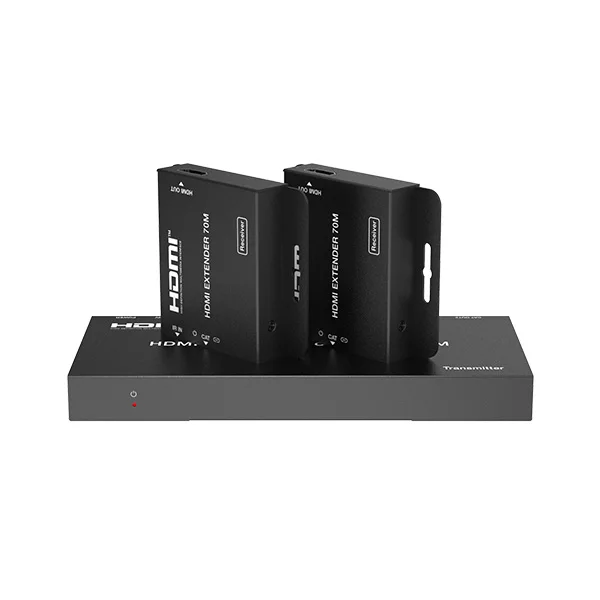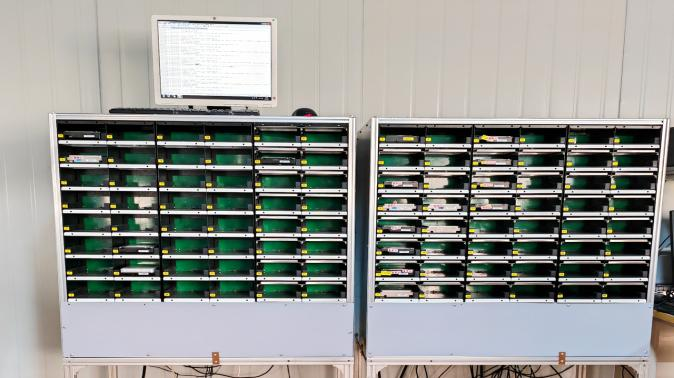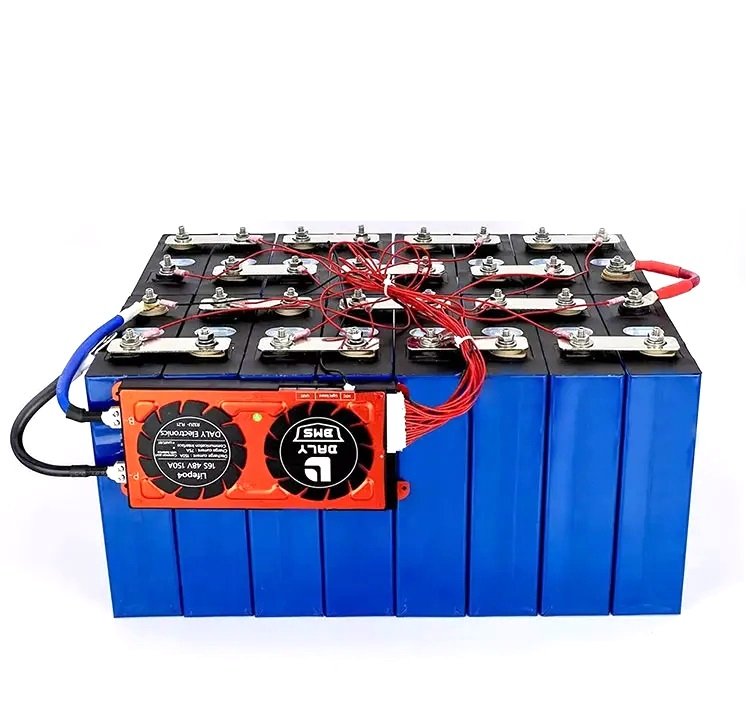On ships, the air conditioning system not only provides a comfortable living environment for the crew but also plays a vital role in cargo storage and equipment operation. However, the marine air conditioner may make excessive noise during use, which will not only affect the crew's rest quality but also interfere with the normal operation of the equipment. This article will discuss in detail the reasons for the excessive noise of marine air conditioners and propose corresponding solutions.
1. Reasons for excessive noise in marine air conditioners
Fan failure: The fan is an important part of the air conditioning system, and its operating state directly affects the working effect and noise level of the air conditioner. If the fan fails, such as blade deformation, bearing wear, or motor damage, it will cause the fan to run unbalanced, resulting in abnormal noise.
In addition, after the fan runs for a long time, dust and dirt may accumulate. These impurities will affect the normal rotation of the fan, increase friction and resistance, and cause noise.
Compressor problem: The compressor is the "heart" of the air conditioning system, responsible for compressing the refrigerant and delivering it to the condenser. If there is a fault in the compressor, such as wear of internal parts, poor lubrication,n or excessive exhaust pressure, it may cause the compressor to run unstably and generate noise.
At the same time, if the fixing bolts of the compressor are loose, it will also cause the compressor to vibrate and make noise during operation.
Improper installation: If the marine air conditioner is not installed firmly or the position is unreasonable, it may also cause excessive noise. For example, if the air conditioner outdoor unit is installed in a part with large vibration, or the connecting pipe between the indoor unit and the outdoor unit is too long or has too many bends, it may cause resonance and noise.
In addition, if the parts inside the air conditioner are not installed in place or are loose, it will also generate noise during operation.
Insufficient or excessive refrigerant: Refrigerant is the key medium for transferring heat in the air conditioning system. If the refrigerant is insufficient, the air conditioning system will not work properly, and the compressor will need more power to maintain the cooling effect, thereby increasing noise.
On the contrary, if the refrigerant is excessive, it will also affect the normal operation of the air conditioner, causing the compressor to overload and generate noise.
Electrical problems: The electrical system is the basis for the operation of the air conditioner. If the electrical components fail, such as poor contact, aging of the line, or short circuit, it may cause unstable current, which in turn causes air conditioning noise.
In addition, voltage fluctuations may also affect the normal operation of the air conditioner, resulting in increased noise.
Environmental factors: The operating environment on the ship is complex and changeable, such as wind and waves at sea, temperature changes, etc., which may affect the air conditioning system. For example, when a ship is sailing in strong winds and waves, the shaking of the hull may cause the air conditioner's outdoor unit to be impacted and produce noise.
At the same time, the space on the ship is limited. If there is debris piled around the air conditioner or the vents are blocked, it will also affect the heat dissipation effect of the air conditioner, resulting in increased noise.

2. Solution
In view of the above reasons, we can take the following measures to solve the problem of excessive noise in marine air conditioners:
Regular inspection and maintenance of fans: Regular inspection and maintenance of fans is the key to reducing noise. First, make sure that the fan blades are intact, without deformation or cracks. Secondly, regularly clean the dust and dirt on the surface of the fan to keep it in good operating condition. Finally, check whether the fan bearing is worn or lacks oil, and replace or add lubricating oil in time.
Check and repair the compressor: For compressor problems, first check whether its fixing bolts are loose, and tighten the bolts to reduce vibration and noise. Secondly, check whether the internal parts of the compressor are worn or damaged, and replace or repair them in time. At the same time, ensure that the compressor is well lubricated to extend its service life and reduce noise.
Optimize the installation location and method: When installing marine air conditioners, choose a location away from the vibration source and ensure that the external unit is firmly fixed. At the same time, the length and direction of the connecting pipes should be reasonably planned to avoid excessive bends and corners. In addition, ensure that the internal parts of the air conditioner are installed in place and without looseness.
Adjust the amount of refrigerant: According to the specific conditions and use requirements of the marine air conditioning system, reasonably adjusting the amount of refrigerant is one of the important measures to reduce noise. If the refrigerant is insufficient, it should be replenished in time; if the refrigerant is excessive, some of the refrigerant should be properly discharged to achieve the best working condition. At the same time, the sealing of the refrigeration system should be checked regularly to prevent leakage.
Strengthen electrical maintenance and management: Strengthening the maintenance and management of the electrical system is an important guarantee for reducing air conditioning noise. Regularly check the contact of electrical components and the degree of aging of the lines, and replace or repair them in time. At the same time, ensure that the voltage is stable and meets the use requirements of the air conditioner to avoid noise caused by voltage fluctuations.
Improve the use environment: Improving the use environment on the ship is also one of the important measures to reduce air conditioning noise. Avoid stacking debris around the air conditioner or blocking the vents to ensure smooth air circulation. At the same time, in windy and choppy weather, we need to strengthen the protection measures for the air conditioner to prevent it from being impacted and generating noise. In addition, the filter and condenser of the air conditioner should be cleaned regularly to improve its heat dissipation effect and reduce the noise level.
The noise problem of the marine air conditioning system is one of the important factors affecting the comfort of the ship. By analyzing the causes of the noise, we can take corresponding measures to reduce the noise level and improve the quality of the crew's working and living environment.
As a marine air conditioning manufacturer from China, our product design incorporates advanced noise reduction technology, optimizes low-noise compressors and fans, and uses high-efficiency sound insulation materials, striving to reduce noise generation from the source. At the same time, we focus on easy-to-maintain design to facilitate daily maintenance by the crew and ensure long-term efficient and low-noise operation of the system. Through continuous technological innovation and strict quality control, we are committed to providing global ships with quieter and more comfortable environmental solutions to improve the quality of sailing life.
www.kmevehicleac.com
Taicang Kyowa Mechanical & Electrical Co.,Ltd.



